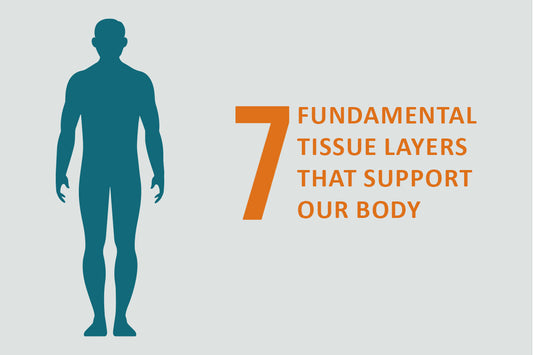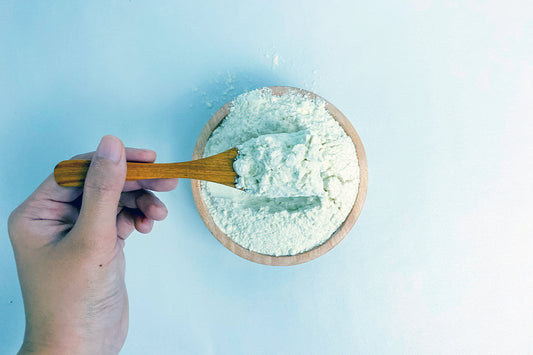Embarking on a weight loss journey can be an empowering and life-changing experience. However, many people who lose weight rapidly notice an unwanted side effect: hair loss. This blog will delve into what causes hair loss during dieting, especially after significant weight loss, and how you can help maintain healthy hair while achieving your weight loss goals.
The Connection Between Weight Loss and Hair Loss
Hair loss during dieting is a common issue, particularly when it involves rapid weight loss or restrictive calorie diets. This phenomenon, often referred to as telogen effluvium, occurs when a significant number of hair follicles enter the resting phase of the hair growth cycle prematurely, leading to hair shedding.
Nutrient Deficiencies and Hair Loss
One of the primary reasons for hair loss after weight loss is nutrient deficiencies. When you lose weight quickly, your body might not get enough essential nutrients needed to maintain healthy hair. Key nutrients that support hair health include:
- Protein: Hair is primarily made of a protein called keratin. Insufficient protein intake can weaken hair follicles, leading to hair falls.
- Iron: Iron deficiency is a common cause of hair shedding. Iron is crucial for producing hemoglobin, which carries oxygen to your hair follicles.
- Zinc: Zinc helps maintain healthy hair follicles. A deficiency can lead to hair loss and poor hair growth.
- Vitamins: Vitamins such as vitamin A, D, E, and B-complex vitamins are vital for hair health. A lack of these vitamins can disrupt the hair growth cycle.
Calorie Diets and Hair Health
Restrictive calorie diets often fail to provide the body with the necessary nutrients to support overall health, including hair health. When the body is deprived of sufficient calories, it prioritizes vital functions over hair growth, which can lead to hair shedding. Balanced diets that include a variety of nutrients are essential to prevent hair loss during dieting.
Rapid Weight Loss and Hair Shedding
Rapid weight loss can shock the body and disrupt the normal hair growth cycle. This sudden change can push hair follicles into the telogen (resting) phase, resulting in more hair shedding. Hair loss after weight loss is typically temporary, but it can be distressing for those experiencing it.
Weight Loss Surgery and Hair Loss
Weight loss surgeries, such as sleeve gastrectomy, can also lead to hair loss. These procedures often involve significant changes in diet and nutrient absorption, contributing to nutrient deficiencies. Patients undergoing weight loss surgery need to follow a carefully planned diet and take recommended supplements to help maintain healthy hair and overall health.
Medical Conditions and Hair Loss
Certain medical conditions that are associated with obesity and weight loss can also contribute to hair loss. Conditions such as thyroid disorders, and hormonal imbalances can lead to hair shedding. It's important to address these underlying conditions to help enhance hair health during your weight loss journey.
How to Prevent Hair Loss During Dieting
Preventing hair loss during dieting involves maintaining a balanced diet rich in essential nutrients and avoiding rapid weight loss. Here are some tips to help maintain healthy hair while losing weight:
- Eat a Balanced Diet: Include a variety of foods that provide essential nutrients. Focus on lean proteins, whole grains, fruits, vegetables, and healthy fats.
- Ensure Adequate Protein Intake: Protein is crucial for hair health. Include sources such as lean meats, fish, eggs, dairy products, beans, and nuts in your diet.
- Monitor Iron Levels: Iron deficiency can lead to hair loss. Include iron-rich foods like red meat, spinach, lentils, and fortified cereals. Consider supplements if recommended by a healthcare provider.
- Take a Multivitamin: A multivitamin can help ensure you get all the necessary vitamins and minerals to support hair health.
- Avoid Extreme Diets: Rapid weight loss and restrictive diets can harm your hair. Aim for a gradual, sustainable weight loss approach.
- Stay Hydrated: Drink plenty of water to keep your body and hair hydrated.
- Consult a Healthcare Provider: If you experience significant hair loss, consult a healthcare provider to rule out underlying medical conditions and get personalized advice.
The Hair Growth Cycle and Dieting
Understanding the hair growth cycle can help explain why hair loss occurs during dieting. The hair growth cycle consists of three phases:
- Anagen Phase (Growth Phase): This phase lasts 2-7 years, during which hair grows actively.
- Catagen Phase (Transitional Phase): This short phase lasts about 2-3 weeks, where hair stops growing and prepares to shed.
- Telogen Phase (Resting Phase): This phase lasts around 3 months. Hair rests before it falls out and new hair begins to grow.
When the body undergoes stress from rapid weight loss or nutrient deficiencies, more hair can enter the telogen phase, leading to increased shedding. This temporary hair loss usually resolves once the body adjusts and nutrient levels are restored.
Conclusion
Hair loss during dieting can be a challenging and frustrating experience, but understanding the causes and taking steps to support hair health can make a significant difference. By ensuring a balanced diet rich in essential nutrients, avoiding rapid weight loss, and addressing any underlying medical conditions, you can help maintain healthy hair while achieving your weight loss goals. Always consult with a healthcare provider for personalized advice and guidance on your weight loss journey.






